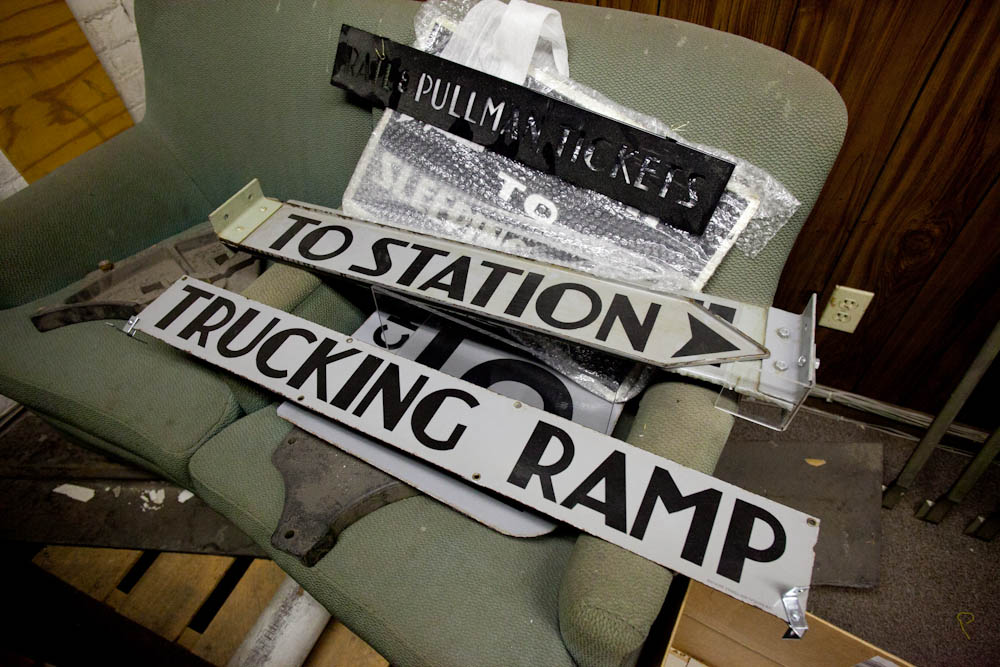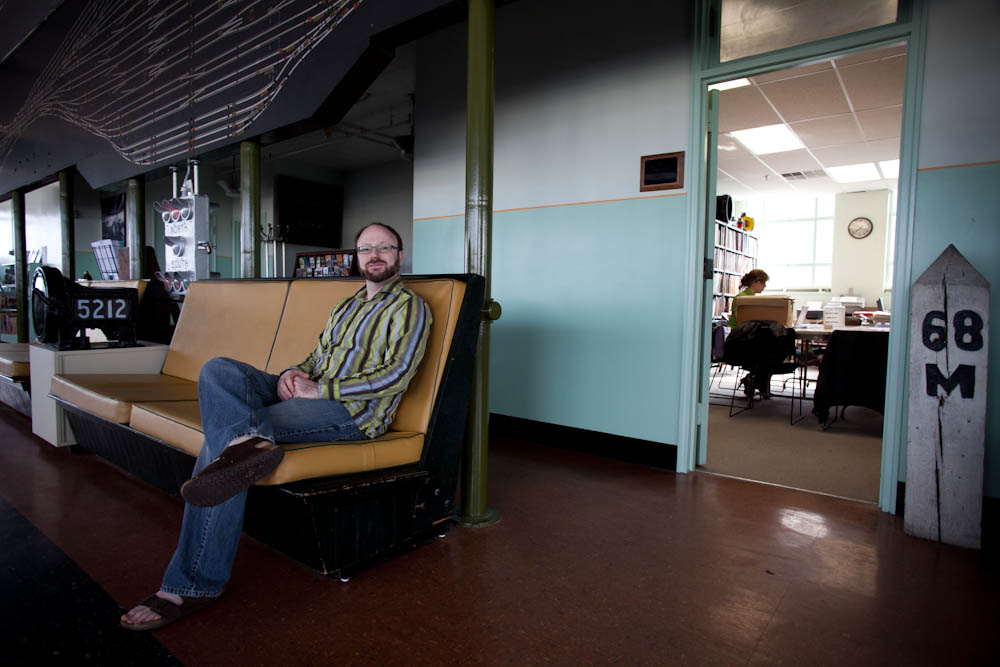An effort to digitize the 70,000-item collection of the Cincinnati Railroad Club’s library is currently underway. Known as the Cincinnati Rail History Preservation Project, the three-year undertaking will for the first time organize the materials acquired by the library since the club’s founding in 1938.
Ari Buchwald, who is directing the project through Edgecliff Press, is assisting the club in its intent for most non-copyrighted materials to be made available online, including geomapping of the library’s thousands of original photographs. He believes that the digitized library will be of interest to the general public, not just railroad enthusiasts, due to the overlap of many of its materials with other interests. For those doing genealogical research, Buchwald says that digitization will enable quick searches of employee records and that facial recognition software will locate photographs of deceased relatives.
According to club member Roy Hord, the collection grew substantially in size and eclecticism after dumpster-diving efforts recovered items from the 1972 demolition of Union Terminal’s passenger concourse. A second salvage project – the recovery of materials from the old B&O warehouse (now Longworth Hall) – fills an entire room of the library’s off-site storage space.
Much storage space is also dedicated to hundreds of blueprints dating from the construction of Union Terminal and other area rail projects. Digitization of blueprints and other large items is being handled by Robin Imaging, one of the Rail Preservation Project’s in-kind partners.
Buchwald expects that the digitization will permit the club to earn royalties from the licensing of specific items and that it will greatly facilitate the task of publishing new books (the club has published three books to date, including Cincinnati Union Terminal: Design and Construction of an Art Deco Masterpiece). These future returns are not sufficient to finance the digitization, and so Buchwald is leading a $1 million fundraising campaign that will determine the project’s eventual completion, and enable him to hire a full-time staff.
Ari Buchwald photograph by Jake Mecklenborg for UrbanCincy.

